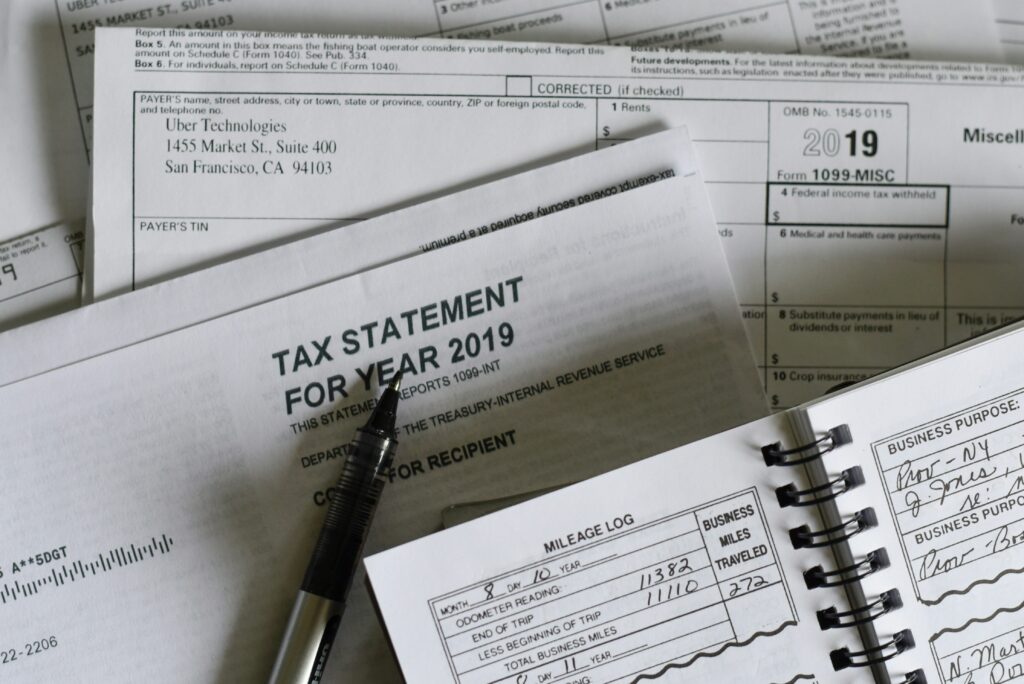For expatriates looking for fresh chances, China’s dynamic economy and diverse culture have made it an appealing destination. Understanding China’s tax structure is crucial for expats who live and work there if you want to maximize your financial planning and ensure compliance. In this thorough tutorial, we’ll examine the major facets of China’s levy structure and offer helpful tips for expats.

Tax residency and obligations
Understanding your tariff duties in China requires knowing your levy resident status. Individuals are generally subject to Chinese individual income tax (IIT) on their worldwide income if they live in the country for 183 days or more in a calendar year. Non-residents only pay taxes on their income that comes from China.
Types of income taxed
The levy system in China covers a wide range of income that is chargeable. For people and companies operating in China, understanding these many income categories is crucial for ensuring compliance with the nation’s tax laws.
Employment income
One of the main sources of taxable income in the nation is employment revenue. It comprises the compensation that people receive for their employment-related services, such as salaries, wages, bonuses, allowances, and other benefits. Individual income tax (IIT) is levied on the worldwide employment income of Chinese citizens, but just on the employment income originating in China for non-citizens. Depending on the income level, various tariff rates and deductions are applicable.
Business income
Profits made by people or organizations conducting business in China are referred to as business income. Earnings from partnerships, corporations, and self-employment fall under this category. Business revenue is liable to individual income tax (IIT) for partnerships and self-employed people as well as corporate income tax (CIT) for corporations. Depending on the form of business, revenue level, and industry, there are different tariff rates, deductions, and exemptions.
Investment income
Various forms of investment income are covered under the tariff system in China. This comprises royalties, capital gains, dividends, and interest revenue. Individual income tax (IIT) is levied on dividend and interest income received by individuals, while capital gains from asset sales are subject to capital gains tariff. Additionally, taxable are royalties derived from intellectual property rights. Depending on specific rules and tax treaties, different tariff rates, deductions, and exemptions could be applicable.
Other income
The tax system in the country includes several other sources of earnings that might be taxed. This includes revenue from licenses for copyrights and trademarks, revenue from renting out mobile homes, revenue from technological transfers, and revenue from awards or prizes. These sorts of revenue are taxed differently, and specific laws and guidelines must be followed to calculate the tariff liability.
Tax rates and deductions
With levy rates ranging from 3% to 45%, China’s individual income tax system has a progressive tariff rate structure. Variable income groups are subject to varying tax rates, and as income levels grow, the applicable levy rate climbs as well. China also offers several exemptions and deductions, including fundamental deductions, social security contributions, contributions to housing funds, and specific allowances for particular costs.
Tax treaties and foreign income
To avoid double taxes and give assistance to expats, China has levied treaties with a wide range of other nations. These agreements specify the procedures to be followed when determining how to tariff various types of foreign income, such as wages, dividends, capital gains, and more. To maximize their tax planning and reduce tax responsibilities, expats should be aware of the requirements of the levy treaties that exist between China and their home countries.
Reporting and filing requirements
In China, expats are subject to specific filing and reporting requirements. This entails getting a taxpayer identity number, keeping thorough records of earnings and outlays, and submitting tariff returns every year. It is essential to follow these guidelines to avoid fines and guarantee a simple levy filing procedure.
Social security contributions
Contributions for pension, health insurance, joblessness coverage, work-related injury insurance, and maternity insurance are all included in China’s social security system. Foreigners employed in China are typically required to pay social security contributions, which are typically deducted from the employee’s pay by the employer. Expats must comprehend the social security system and the required contributions to efficiently arrange their finances.
Tax planning strategies
Expats can use a variety of tax planning techniques to improve their levy situation in China. Utilizing available deductions and exemptions, comprehending the tariff ramifications of various investment vehicles, using tax-efficient savings strategies, and getting expert guidance to manage complex levy legislation are all examples of how to do this.
Conclusion
It can be challenging for expats to navigate China’s tax system, but being aware of the basic components is crucial for compliance and financial planning. You may make sure you comply with your tariff duties in China while maximizing tax efficiency by becoming familiar with the levy residency regulations, income kinds, tax rates, deductions, and reporting requirements. You can further improve your tariff position as an expat in China by speaking with levy professionals and keeping up with changes in tax laws and regulations.
You may also like these articles
